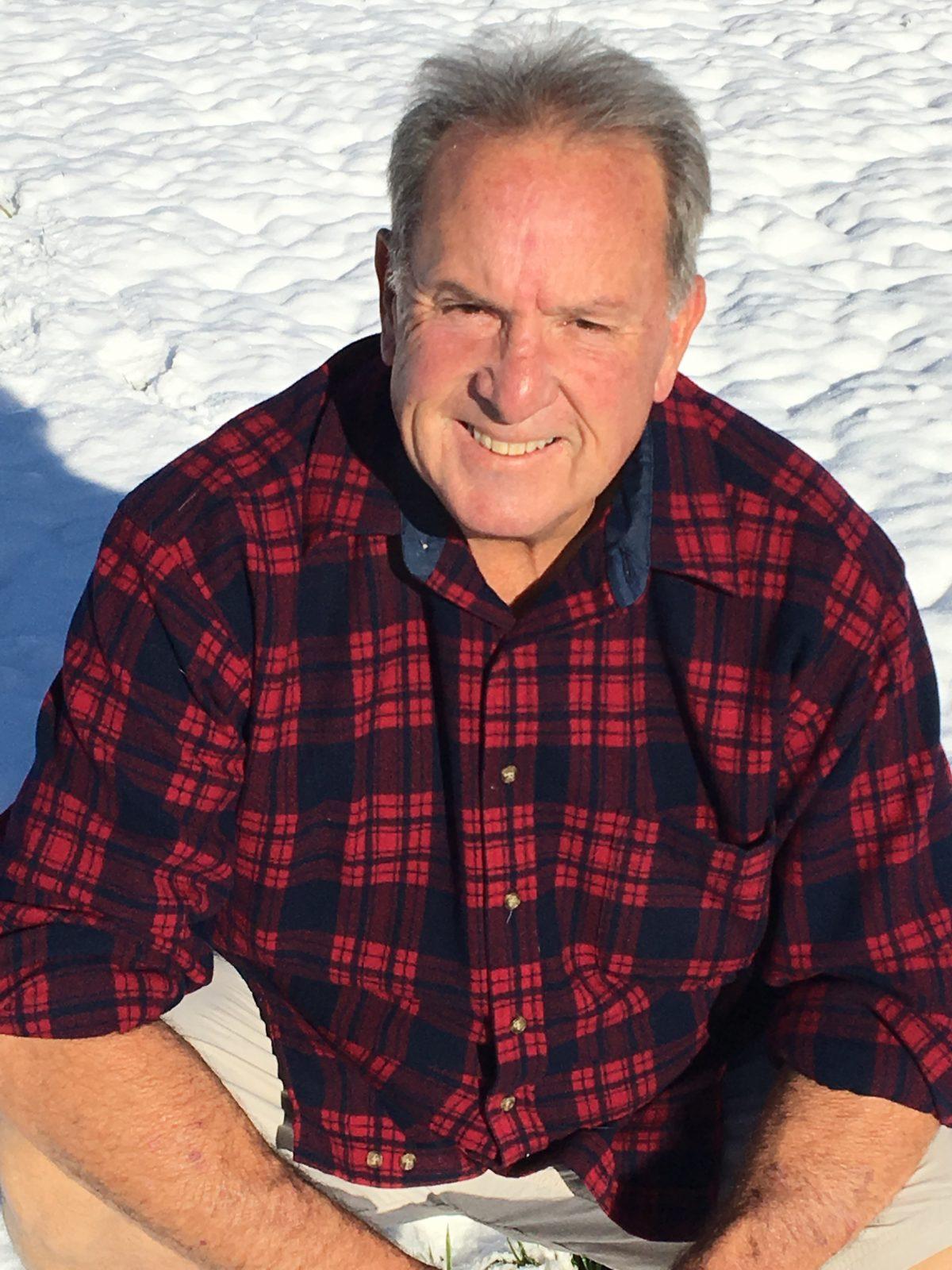Alaska Brief–October 2019
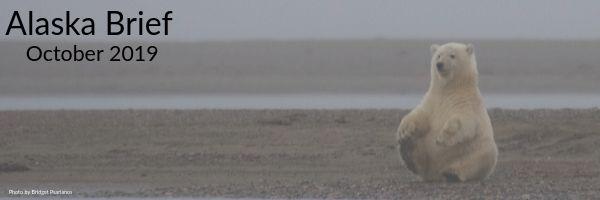
When people use the phrase “for the birds,” they trivialize what they consider unimportant, but there’s a reason we talk about the canary in the coal mine. What happens to the birds happens to us.
We cannot untangle our health and well-being from that of animals. There is so much that we do not know about the earth’s systems, our reliance on its web of connections, and our impacts on them. But we must worry when salmon die because the waters that have sustained them forever have grown too hot.
One degree can matter in life and death.
Right now, industrial proposals across Alaska threaten millions of birds, fish, and mammals, dozens and dozens of communities, and the Indigenous Peoples who have thrived on the bounty of these lands and their connections to the living things there for thousands of years.
Attention to some of these projects, like the proposed Pebble mine or drilling in the coastal plain of the Arctic Refuge, helps elevate concerns about human rights, fish and wildlife, food access, and climate.
But less known projects would do just as much harm to food sources, waterways, and human health. Less known projects would destroy just as many of the natural spaces that people and wildlife need. Less known projects would do just as much to diminish our ability to address, mitigate and adapt to climate change.
Every industrial road, mine, drill pad, and pipeline digs us deeper into the climate black hole, and sinks resources into the very extractive industries that have driven us to this crisis.
In the National Petroleum Reserve-Alaska–a terrible name for a place of such great ecological importance–oil and gas continues to march in unopposed, despite the negative impacts to people, animals and climate. The massive ConocoPhillips Willow proposal would not only bring sprawl to the region, but also encroach into places with designated protection.
The NPR-A got its name long ago when the U.S. Navy was converting from coal to oil and long before people knew the true cost of extracting and burning fossil fuels. Now we know the cost, and have for over five decades, yet politicians, CEOs and the money interests that control them continue to allow systemic greed and a “for the birds” trivialization of suffering to dictate policy.
(Ironically, the Brent System, a major oilfield in the North Sea, was named after Brant geese. Another is called Cormorant. Don’t let the names fool you into thinking extracting oil is a natural part of the local ecosystem!)
The fact is that all living things have a niche and function in complex ecosystems, and that when those functions are removed, the systems will tumble like a house of cards.
There’s always been urgency to climate action, but recent climate strikes, climate summits and climate protests show that more and more people feel the urgency more deeply because they see and experience the outcomes of inaction. Young people especially when they see leaders fail to act, and feel the anxiety and dread that by the time they will lead, it will be too late.
Times like these require us to connect and take a hard look at the consequences of dependence on extraction and exploitation, and to change and expect change that puts the health and well-being of the many before the profits and power of a few.
The decisions we must make and actions we must take aren’t radical, they’re about creating the caring communities we want, and basing our decisions on facts and the inclusion of all concerns and voices.
Arctic birds feed people. They migrate to six continents. They play a vital role in complex interrelations with other living things, and the water and land that sustains them.
Caring about the Brant geese, spectacled eiders, and yellow-billed loons of the Arctic is not “for the birds,” it’s for us all.
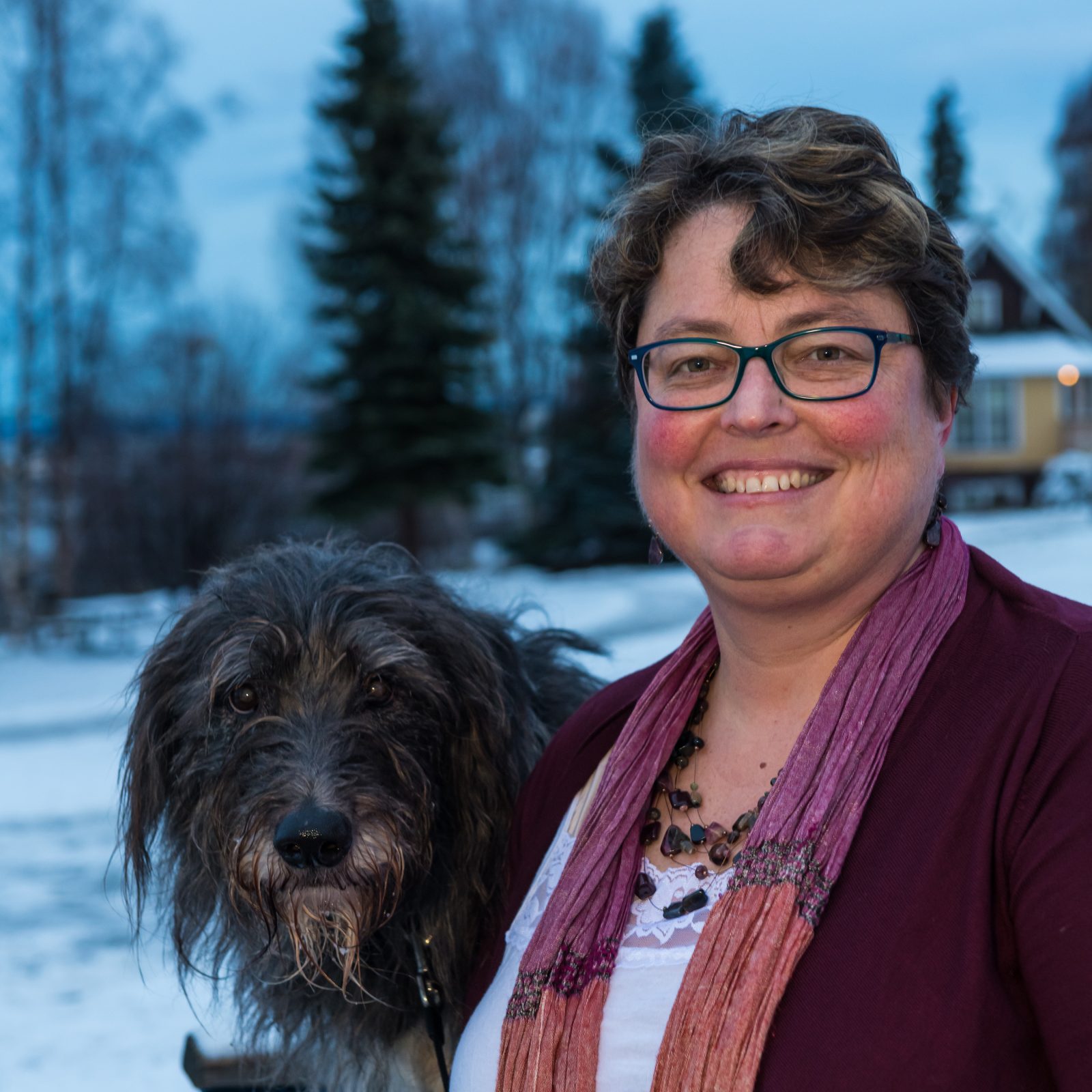
| PS: Your support of Trustees for Alaska is critical now more than ever. |
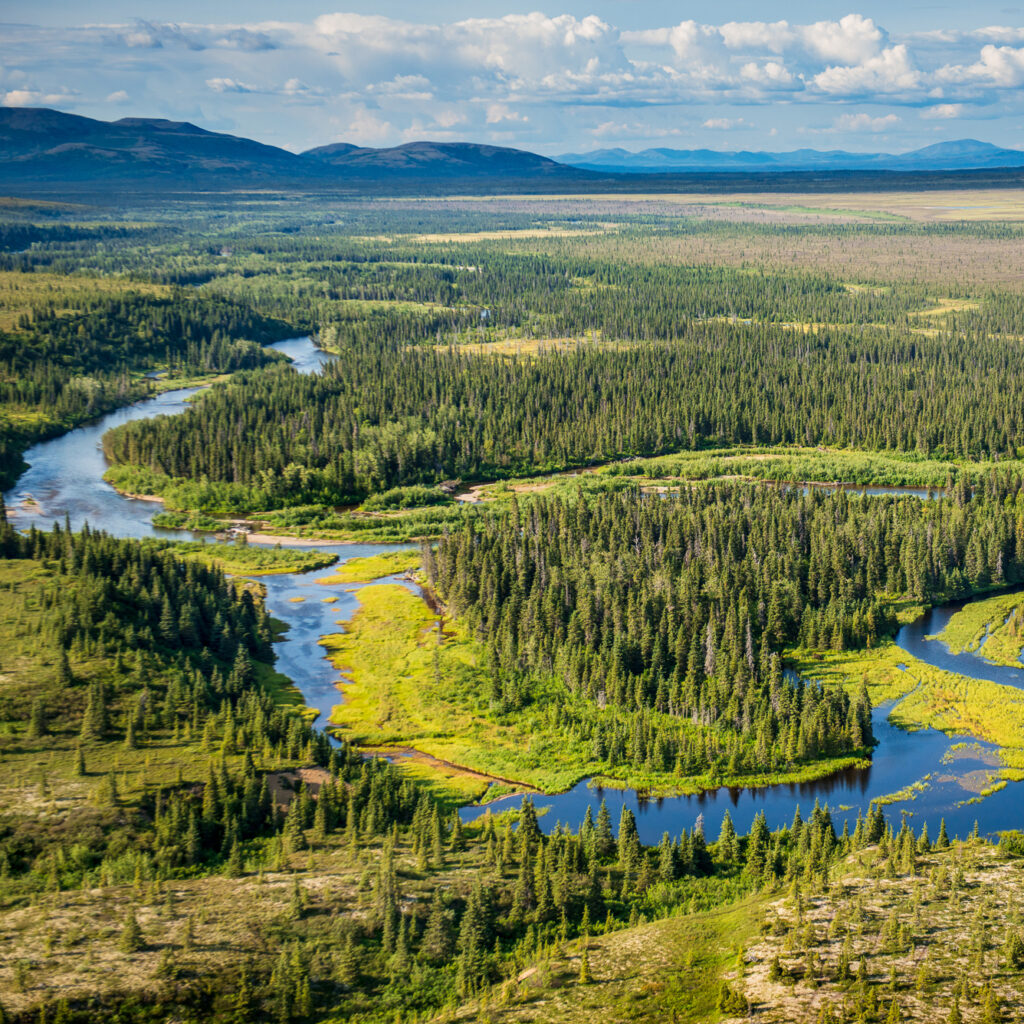
We sued Trump’s EPA
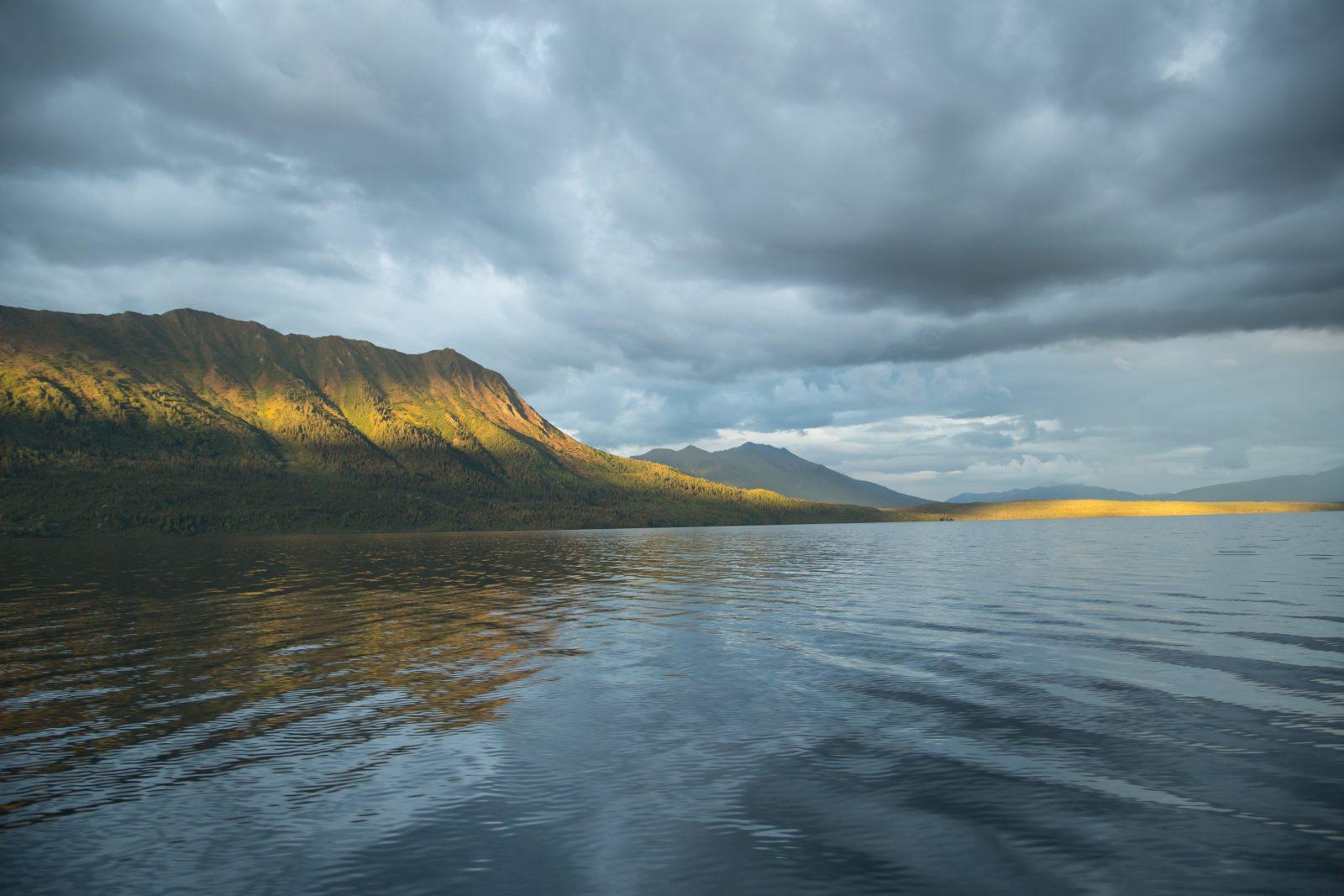
Two under the radar projects threaten the Arctic
